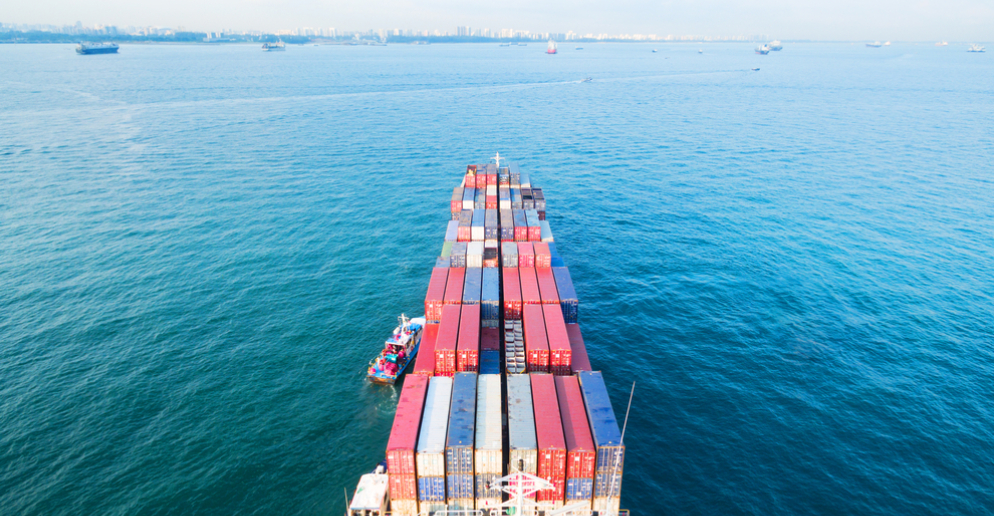 The role of technology in the blue economy is to enable and enhance the sustainable use and management of the ocean and its resources for economic and social benefits. Technology can help to improve the efficiency, productivity, and profitability of various ocean-related sectors and activities, such as fisheries, aquaculture, tourism, transport, energy, mining, and conservation.
The role of technology in the blue economy is to enable and enhance the sustainable use and management of the ocean and its resources for economic and social benefits. Technology can help to improve the efficiency, productivity, and profitability of various ocean-related sectors and activities, such as fisheries, aquaculture, tourism, transport, energy, mining, and conservation.
Technology can also help to reduce the environmental impacts, risks, and challenges of these sectors and activities, such as overfishing, pollution, climate change, and biodiversity loss. Technology can also help to create new opportunities and innovations for the blue economy, such as biotechnology, ocean observation, data analysis, and digitaliSation
How technology can play a role in the blue economy are:
•Fisheries and aquaculture: Technology can help to monitor and manage fish stocks, optimize fishing operations, prevent illegal fishing, enhance fish quality and safety, diversify aquaculture products and systems, improve feed efficiency and disease control, and reduce environmental impacts
•Tourism: Technology can help to create new attractions and experiences for tourists, such as virtual reality, underwater hotels, and marine wildlife watching. Technology can also help to improve the accessibility, affordability, and safety of tourism services, such as online booking, smart transportation, and emergency response. Technology can also help to protect and restore the natural and cultural heritage of tourism destinations, such as coral reefs, mangroves, and historical sites
•Transport: Technology can help to increase the speed, capacity, and reliability of maritime transport, such as autonomous vessels, smart ports, and satellite navigation. Technology can also help to reduce the emissions, fuel consumption, and noise pollution of maritime transport, such as renewable energy sources, hybrid propulsion systems, and low-carbon fuels. Technology can also help to prevent and respond to accidents and disasters in maritime transport, such as collision avoidance systems, remote sensing, and oil spill recovery.
•Energy: Technology can help to harness the renewable energy potential of the ocean from sources such as wind, wave, tidal, thermal, and biomass. These sources can provide clean and reliable energy for various uses and markets. However, harnessing ocean energy can also pose challenges such as high costs, technological barriers, environmental impacts, and social acceptance. Technology can foster the development and deployment of ocean energy technologies that are affordable, accessible, and compatible with the marine environment.
•Mining: Technology can help to explore and exploit the mineral resources that the ocean contains, such as metals, rare earth elements, and polymetallic nodules. These resources can be used for various industrial and technological purposes.
However, mining the ocean floor can also have significant ecological consequences, such as habitat destruction, biodiversity loss, water quality deterioration, and sedimentation. Technology can promote responsible and transparent mining practices that minimise environmental impacts, ensure social benefits, and respect legal frameworks.
Technology is a key enabler and driver of the blue economy. It can help to unlock the potential and value of the ocean while preserving its health and integrity. Technology can also support the cooperation and coordination of various stakeholders, such as governments, private sector, civil society, academia, and international organisations. Technology is a tool for a prosperous, inclusive, and resilient future for all.
• Dr Oniye writes from Lagos.






